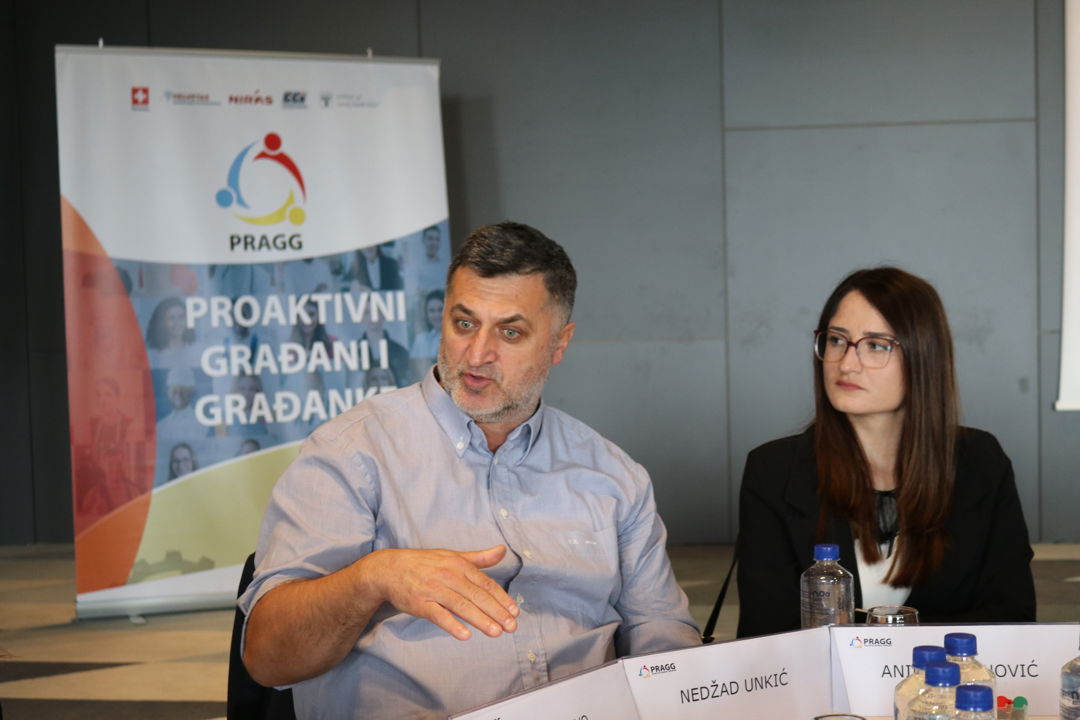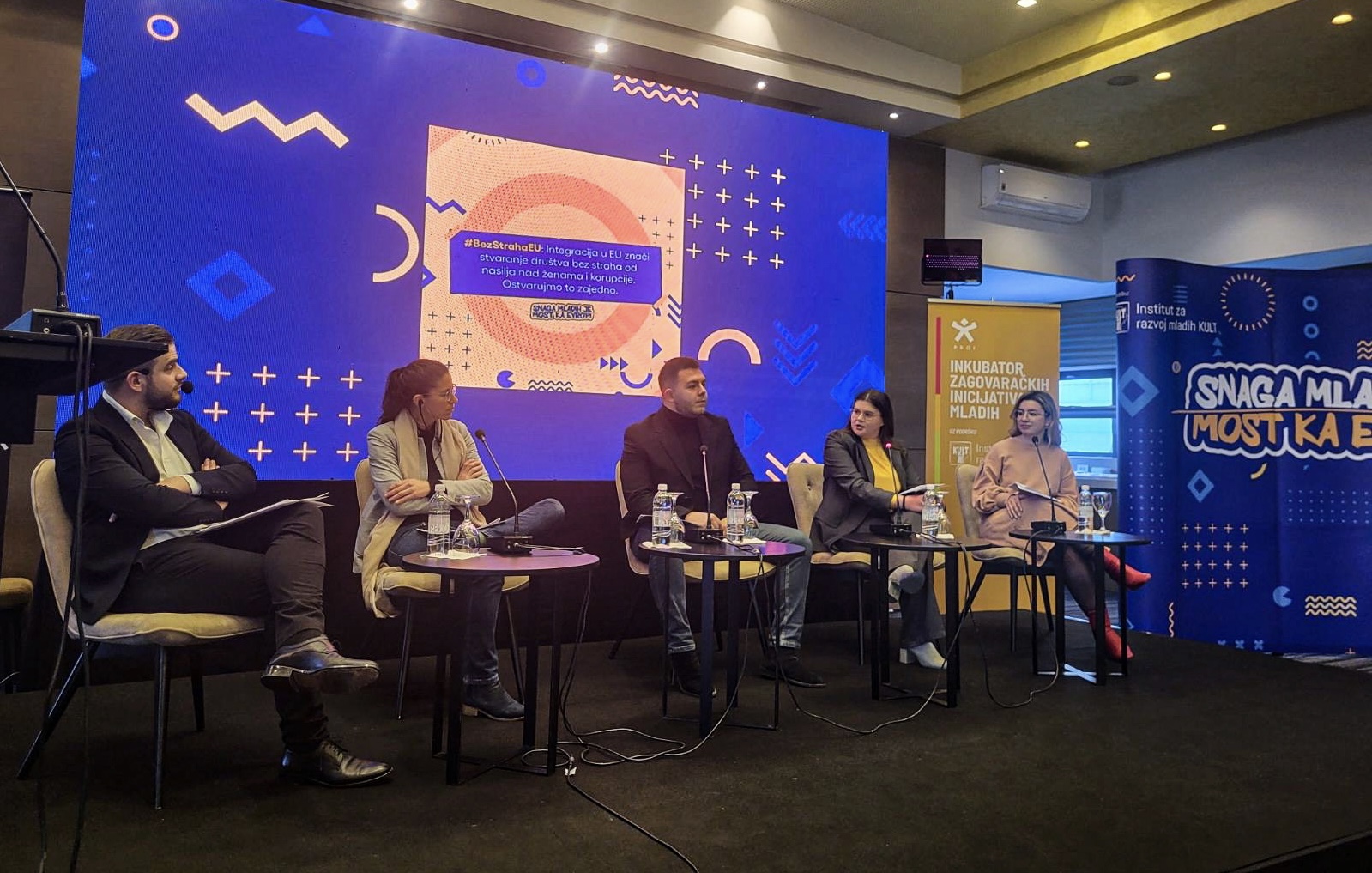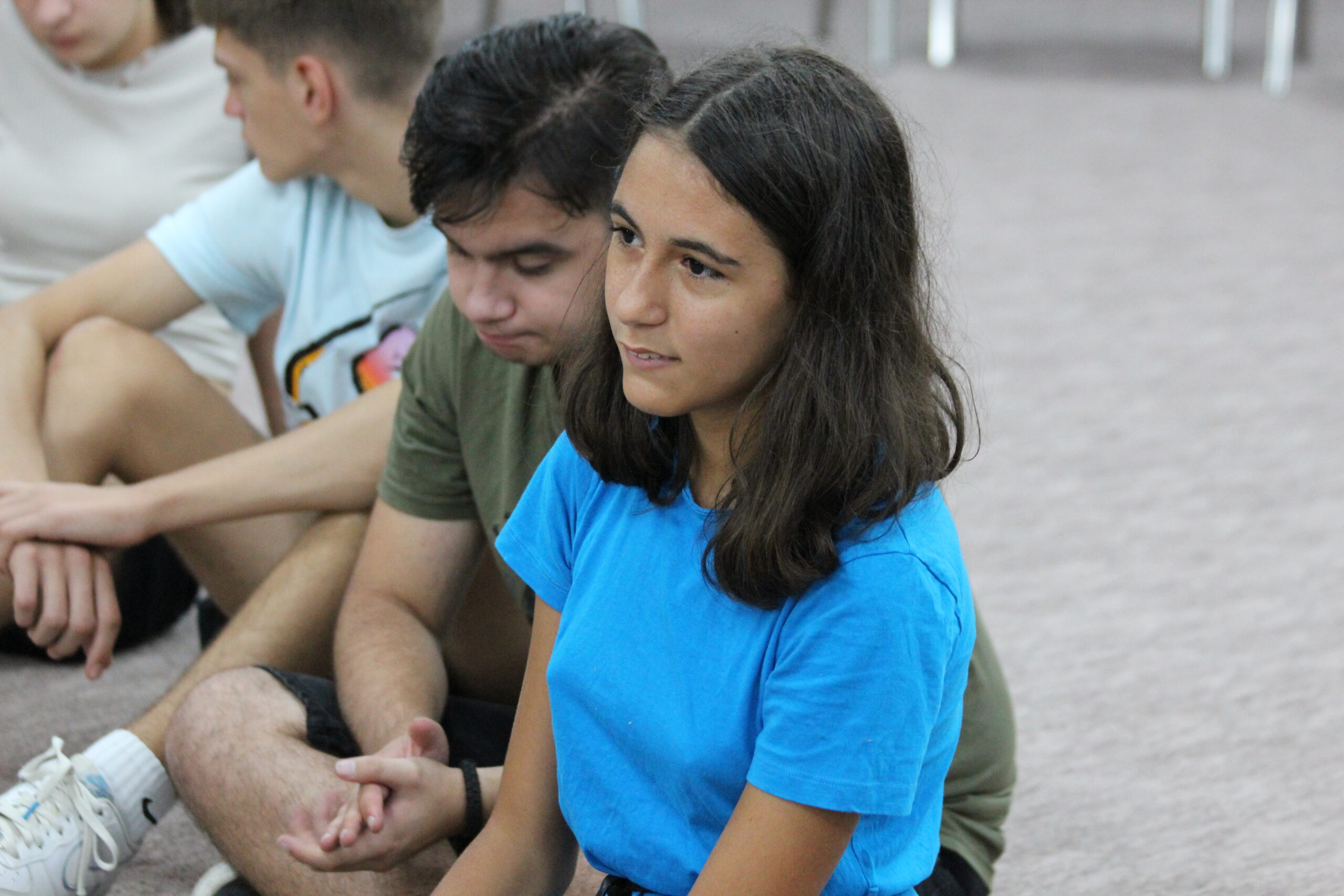The Institute for Youth Development KULT organized an event called Mentoring for work integration: developing the full potential of individuals and fostering a sustainable labor market. The event aimed to present a social mentoring approach called “mentoring for work integration.” This approach seeks to develop professional and social skills in marginalized and hard-to-employ young people, which in turn strengthens the economic sector.
As an innovative approach within the social protection system in Bosnia and Herzegovina, social mentoring offers numerous benefits. These include the development of a platform and the creation of a roadmap for further strengthening institutional support and supporting the economic development of local communities. Marginalized and hard-to-employ young people are an important part of our society, and providing them with equal opportunities in the labor market is essential.
“It’s important to note that this social mentoring model is still in its infancy in Bosnia and Herzegovina. Today, we have the opportunity to learn from North Macedonia’s experiences, where this mentoring approach has already found its way into legislation. Our ultimate goal is for social mentoring to be acknowledged as a profession in Bosnia and Herzegovina,” said Tatjana Junuzagić consultant in BiH for the Regional Project Social Inclusion of Disadvantaged Groups in the WB (SoRi III), Deutsche Gesellschaft für Internationale Zusammenarbeit (GIZ) GmbH.
“Given the challenges and needs of young people regarding employability and career development, social mentoring is an excellent opportunity to acquire essential skills and competencies they need to navigate the labor market. The goal of social mentoring is to foster the development of professional and social skills among marginalized and hard-to-employ youth, to promote equal opportunities in the labor market, and to strengthen the economic sector. Through quality mentoring, using lessons learned and successful approaches from the region, we are trying to improve the prospects of young people in BiH”, said Zerina Selimović, head of the Economic Development Department at the Institute for Youth Development KULT.
The panels and discussions during the event covered a range of topics: fostering intersectoral partnerships to promote the employment of marginalized and hard-to-employ young people, mentoring for professional development and employment, challenges and specific requirements of the BiH labor market, and how social mentoring for work integration shapes the labor market while addressing employers’ needs.
“Social mentoring is a guiding hand that that will help us unite and strengthen our society. So much is changing in our society, a lot is happening, but there is no alternative to inclusion and integration – we have to include all those young people because they hold so much potential. Discovering these potentials and connecting youth with employers is the key advantage of this program. In this entire process, potential will be transformed into meaningful results”, said Naida Kokić, representative of the “Izvor nade” Foundation and one of today’s panelists.
This event was as a valuable opportunity for sharing experiences, ideas, and knowledge, with the ultimate goal of improving the prospects of young people in BiH and strengthening the economic sector. The goal is to integrate a new, specialized workforce to maintain competitiveness and ensure long-term economic sustainability. Young people have the potential to contribute to a sustainable labor market, making the development of social mentoring processes in Bosnia and Herzegovina all the more crucial.
The event was organized by the Institute for Youth Development KULT as part of the project “Social Mentoring of Youth in Bosnia and Herzegovina”, within the regional project “Social Inclusion of Disadvantaged Groups in the Western Balkans (SoRi III), which is implemented by the Deutsche Gesellschaft für Internationale Zusammenarbeit (GIZ) GmbH.
























Leave a comment